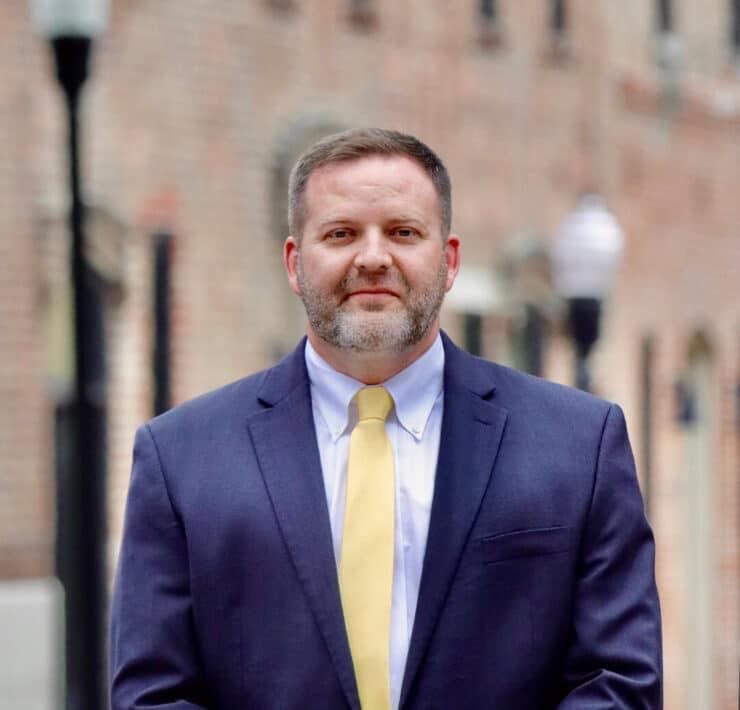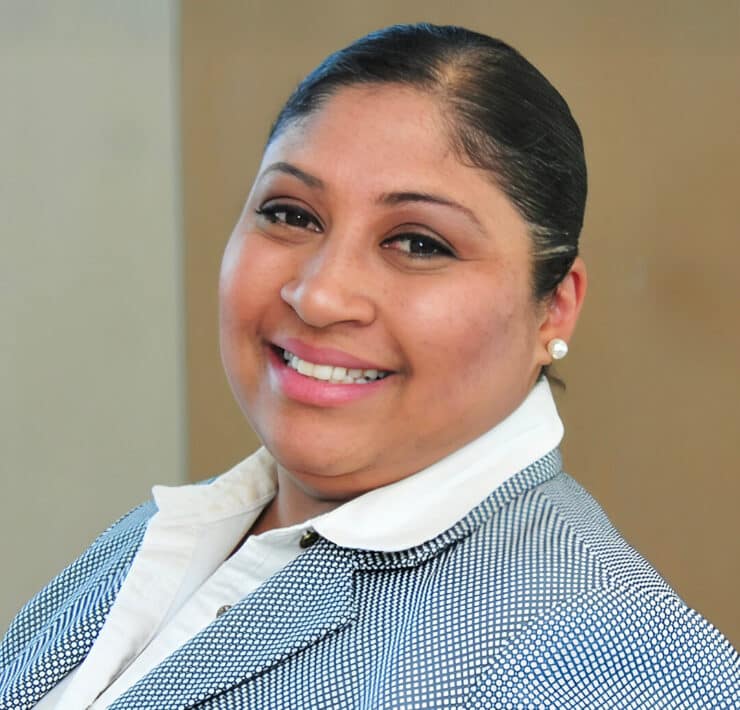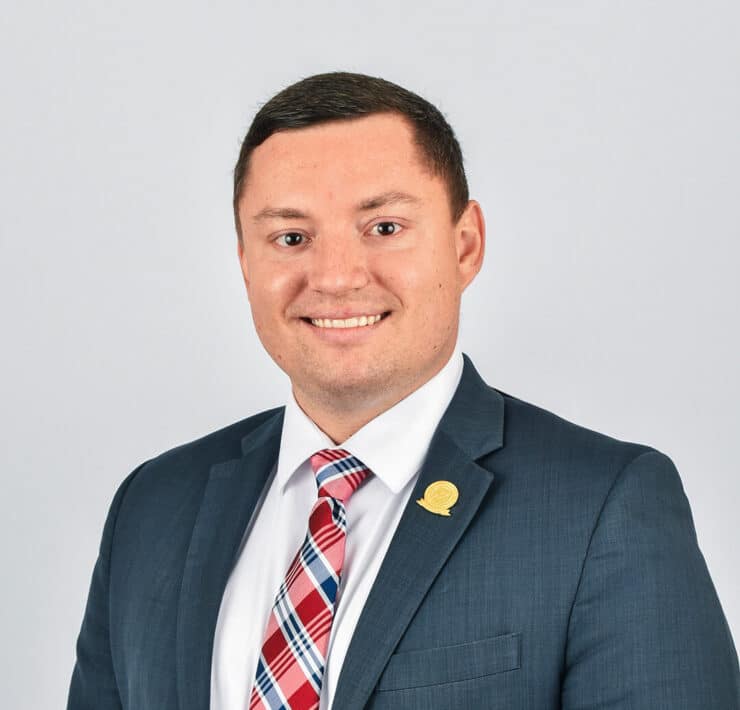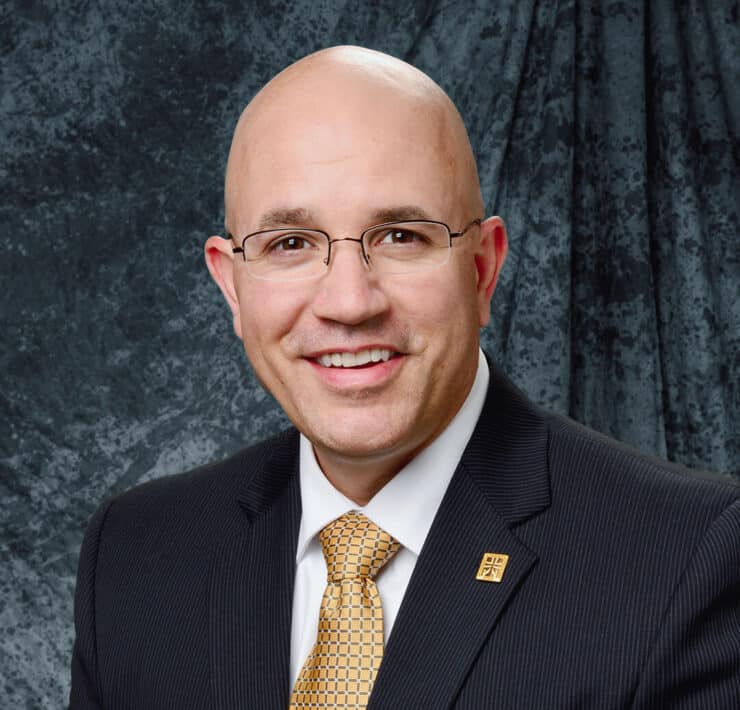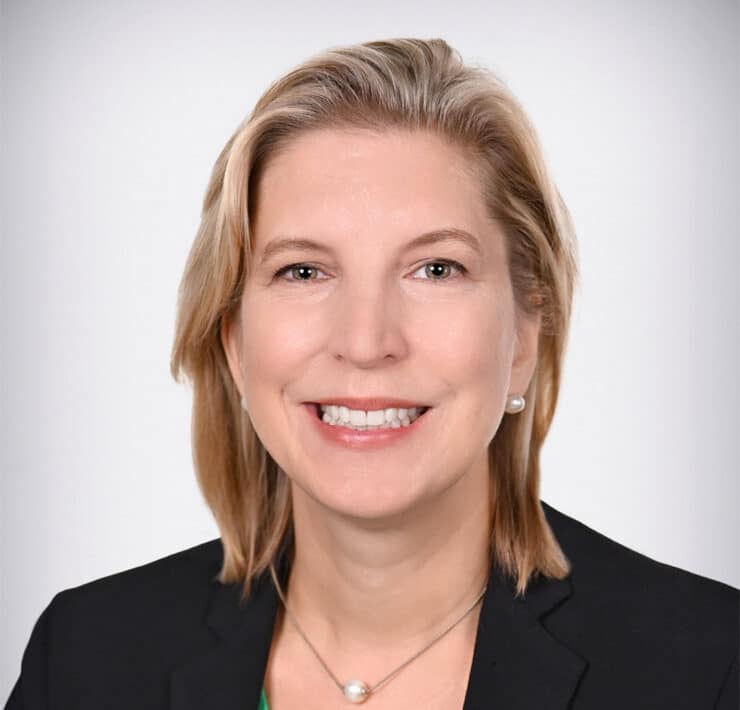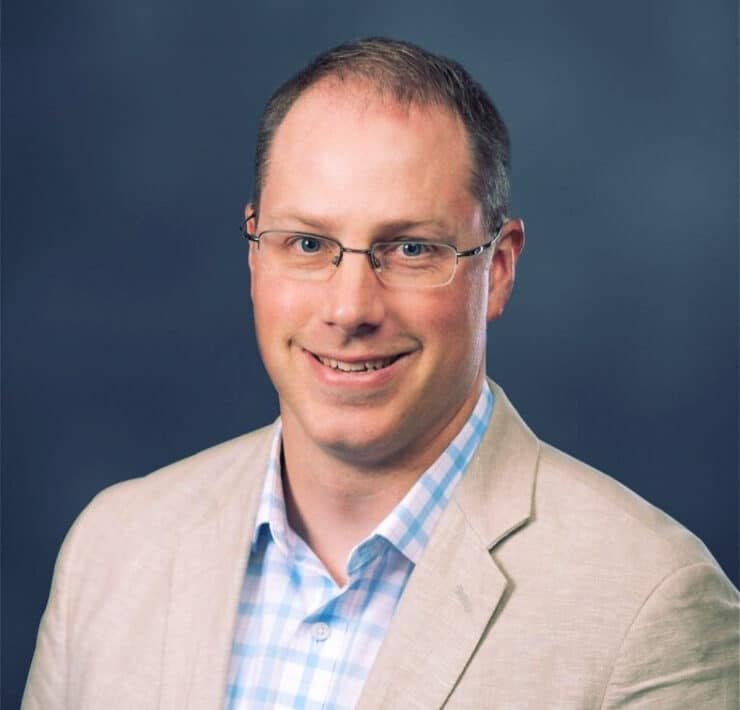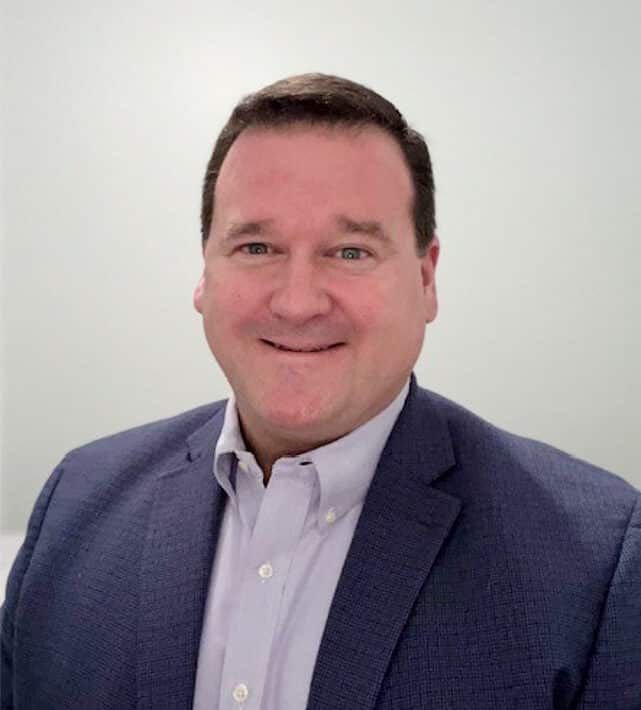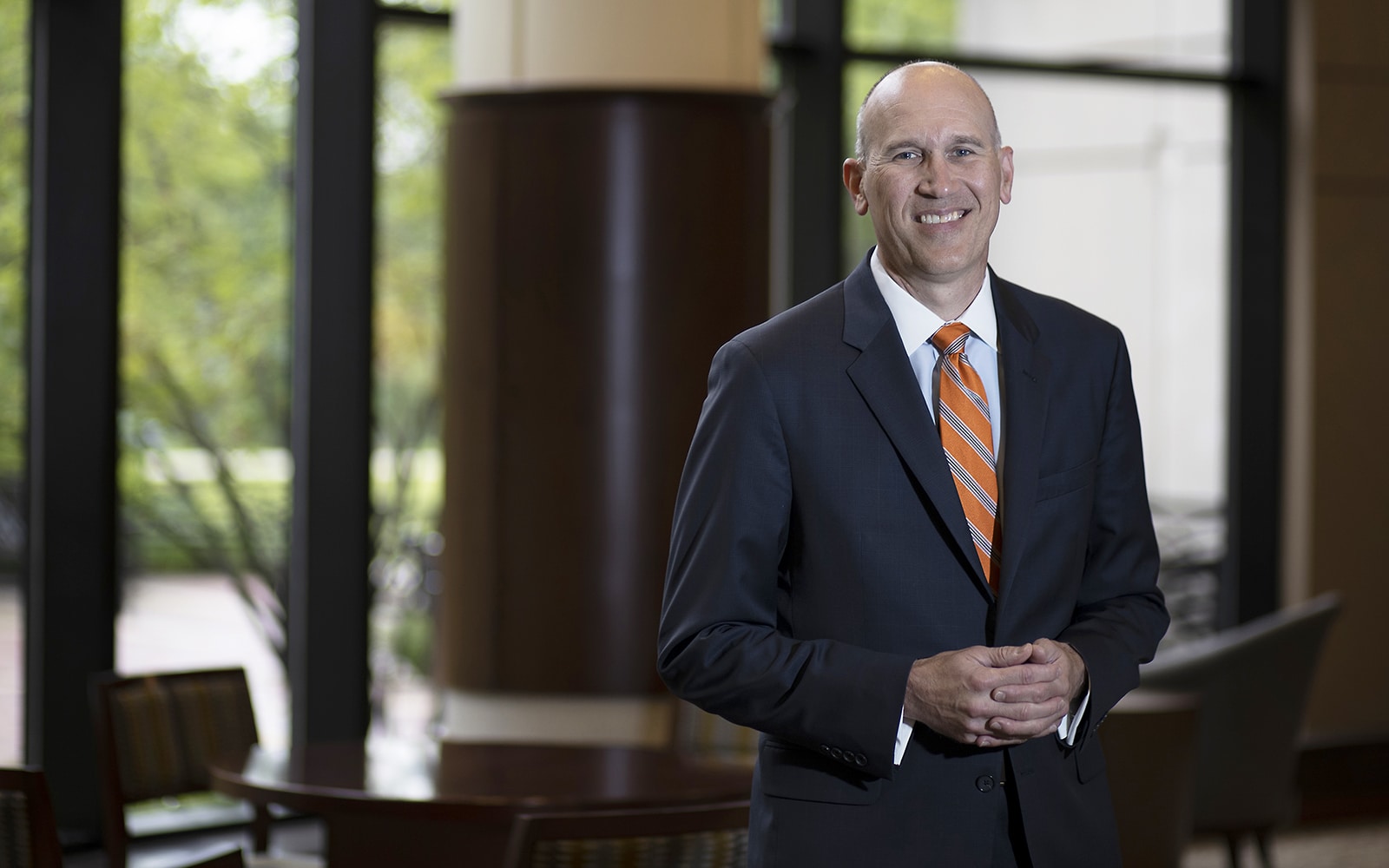
Jeff Friant knows healthcare is a complicated world, to say the least. The primary goal is patient care, but that doesn’t happen when stressed hospital systems falter financially, when they cannot attract qualified staff, or when staff are burdened with tasks that take them away from why they are there: to help the sick and injured get better.
There are a lot of moving parts in running a hospital system: something Friant deals with daily. Friant is the vice president of finance at Edward-Elmhurst Health, a sixty-five-location system based in Warrenville, Illinois, a Chicago suburb. Those dynamics can be a burden or an opportunity, and it’s his job to make it more of the latter.
“We have to listen to the clinicians and others in hospital operations,” he explains. That includes doctors and nurses, other care providers such as therapists, lab technicians, and pharmacists, as well as the providers of essential support such as information technology. “From the financial side, our job is to be a trusted partner and advisor to operations.”
“We have to listen to the clinicians and others in hospital operations. From the financial side, our job is to be a trusted partner and advisor to operations.”
Jeff Friant
As he outlines it, the relationship between the finance team and everyone else in their system is to cut waste, which includes enabling clinicians to work at the top of their qualifications and licensing. Where savings can be generated, that money is reinvested back into the system in ways that benefit patients, including reducing wait times in emergency rooms with more staff and better equipment. Additionally, the collaboration helps to provide market-competitive salaries that helps with staffing and reduce administrative burdens on all who work there.
Friant describes how their continuous improvement process, which went beyond just standard improvements, saved the system $129 million in 2021, with an estimated additional $50 million in savings in 2022. By working closely with fifteen operational teams, he and his team identified places where costs could be reduced while improving care.
For example, that included an open-forum style dialogue with the newborn intensive care unit, which led to the creation of a milk technician role. This is the person who prepares human milk and formula for infants, which includes patient identification, safe storage, and monitoring additives. Using milk technicians ensures nurses are functioning at the top of their license, ensures patient safety, and improves efficiency; thereby reducing hospital and payor costs. Appropriate use of fortifications increases calories and help babies gain weight more quickly and reduces length of stay.
Assessing the various tasks of hospital staff and identifying the rationale for who does what is about more than cost reduction. It frees up people to do their best work, at the top of their qualifications. Currently, the system is testing a robot—Moxi—from Diligent Robotics. The machine can handle routine tasks that include transport of linens to the laundry, delivering supplies to newly admitted patient rooms, and delivering lab samples to laboratories.
Still, healthcare providers are not robots. They’re humans who have spent many years training for what they do in scientific and sociological disciplines. Most have not studied finance or earned an MBA. For Friant and others like him, an important part of their work is to enroll clinicians in the matter of financial controls and analysis.
When asked how exactly he does that, Jeff Friant has an understandably quick response: “My boss, our CFO, wrote a book about it.”
Indeed, Denise Harrison Chamberlain, executive vice president and chief financial officer at Edward-Elmhurst Health, wrote Money to Care: Hospital Finance for Non-Financial Hospital Leaders in 2010, which stresses that leaders within healthcare environments need to understand budgeting and managing hospital finances. “The book is incorporated into our leadership development,” says Friant.
“When we listen to the operational leaders, we become a trusted partner and advisor. We reinvest back into the system, help to provide market-competitive salaries, reduce administrative burdens, and work to reduce wait times in the emergency room.”
Jeff Friant
That development doesn’t happen in one day, one seminar, or one season. It’s an ongoing education process that involves a lot of dialogue with clinicians learning from financial people and the vice versa: financial experts learning from the people whose primary job is healthcare delivery. It speaks to that complicated balance between patient health and financial sustainability.
Friant and his peers also conduct monthly operations reviews, which includes an assessment of variances to target labor productivity. “We use this time for financial education,” he says. “We discuss the importance of accurate financial data and the need to quickly identify and correct recording errors, as well as reviewing accounting principles, which include how to account for contracts that are in place over several months.”
An overlay on this approach is what Friant describes as “a culture that allows for fast failure.” In other words, leaders of departments should not fear trying things. It’s a means for discovering new ways to manage resources effectively.
Friant, who has been with the system for a dozen years (and was the director of finance at another hospital for seven years before that), emphasizes how through education in increments, over the last decade, they’ve managed to build this culture of financial improvements and efficiencies. He describes it as a “three-legged stool,” with a partnership between finance, process improvement, and operations that strives to enhance worker satisfaction. This is a real plus in the tight, post-pandemic job market.
“When we show that savings are reinvested back into operations, they appreciate it,” Jeff Friant says. “When we listen to the operational leaders, we become a trusted partner and advisor. We reinvest back into the system, help to provide market-competitive salaries, reduce administrative burdens, and work to reduce wait times in the emergency room.” Friant resolutely emphasizes the patient-centric nature of this process and its outcomes.
That said, the US Bureau of Labor Statistics projects a robust 16 percent growth in jobs between 2020 and 2030, a projection that bumps up against pandemic-generated health labor shortages.
With operational efficiencies created in the collaboration between finance and operational leaders at Edward-Elmhurst Health–positioning workers to perform at the top of their licensure–those shortages are less likely to impact its system in the years to come.
Impact Advisors is a nationally recognized healthcare management consulting firm delivering innovation and value through strategic advisory, technology implementation, and operational improvement services. We are committed to partnering with Edward-Elmhurst to bring the best talent, capacity, and expertise to solve evolving business challenges and help advance the healthcare industry.


